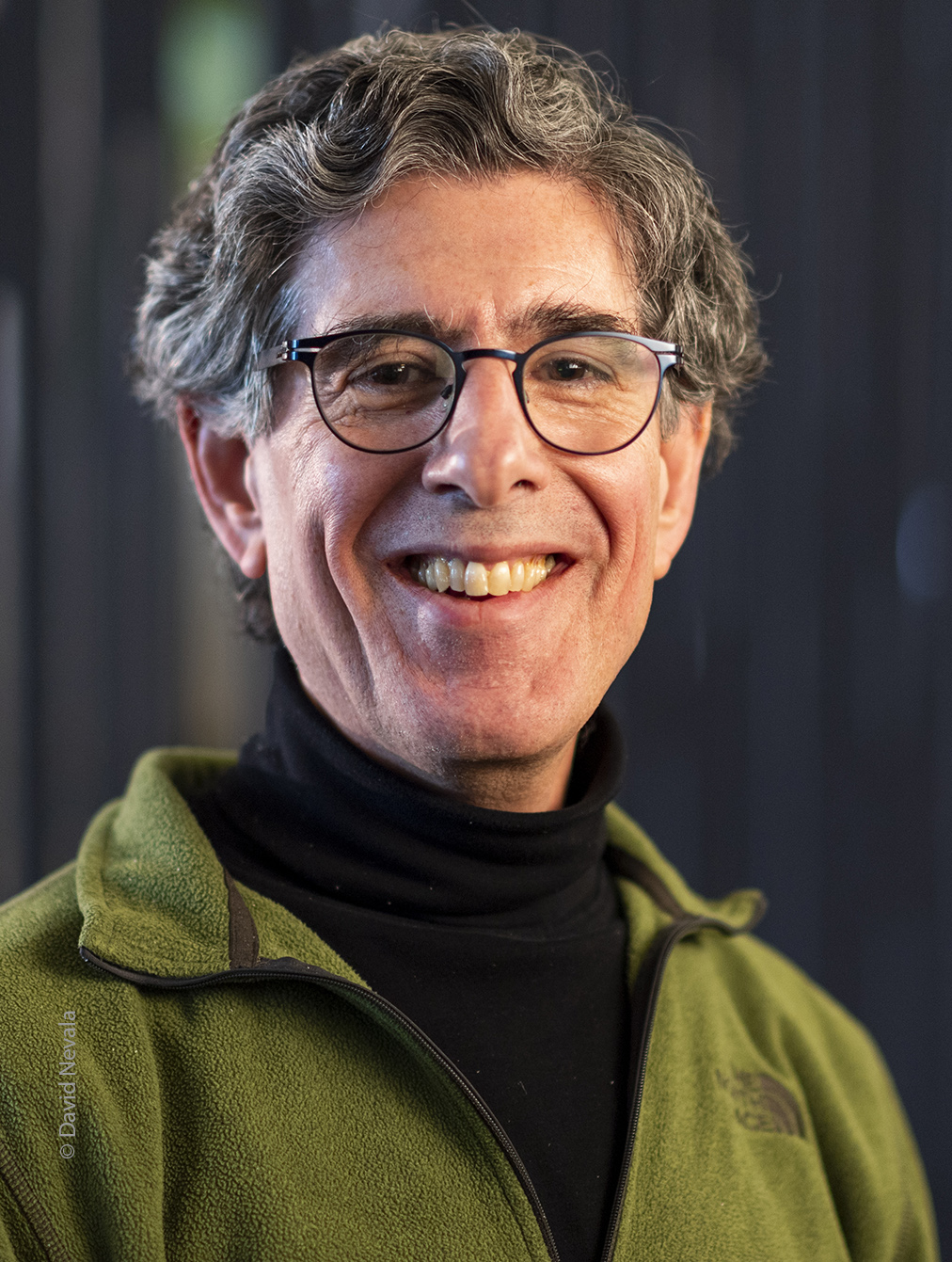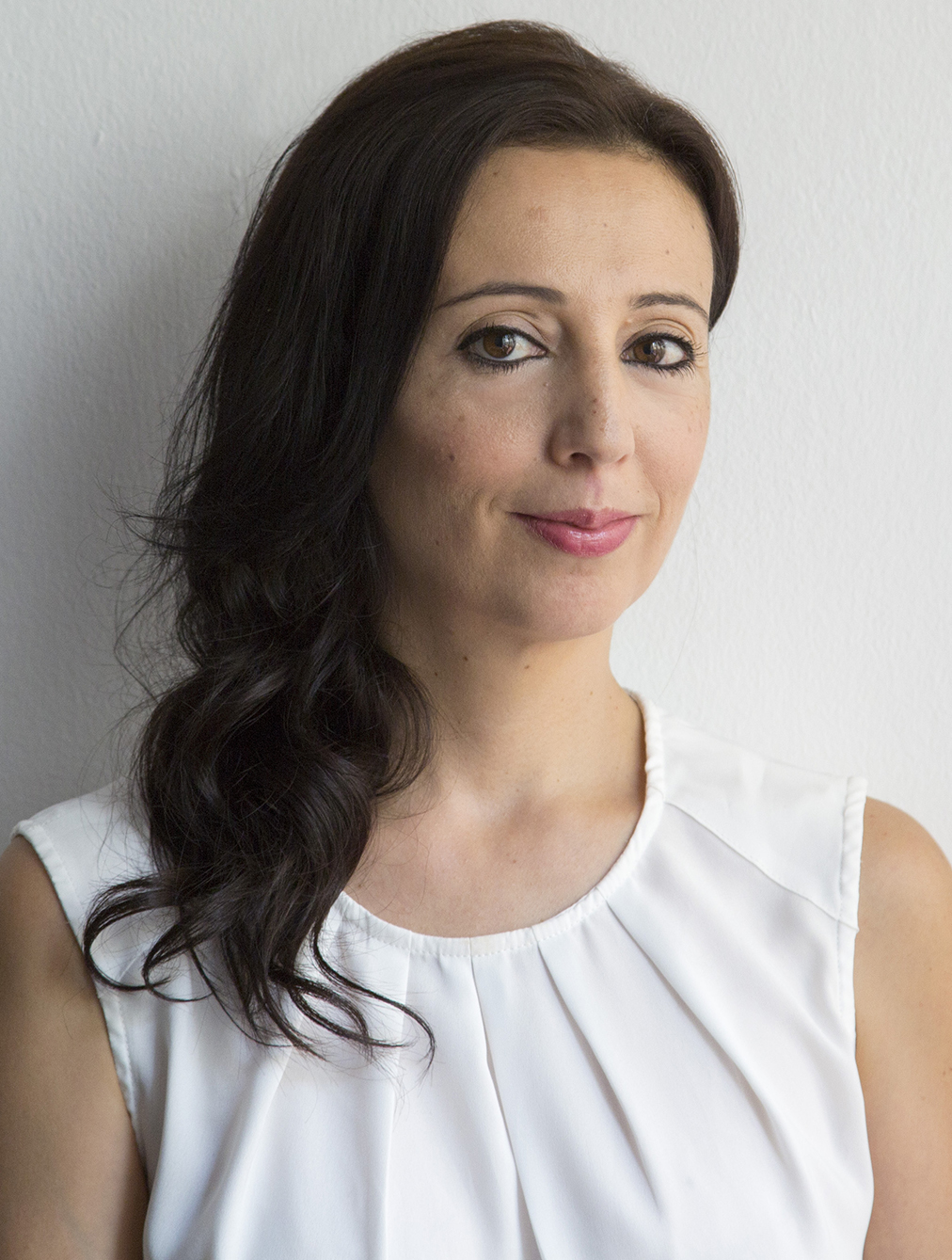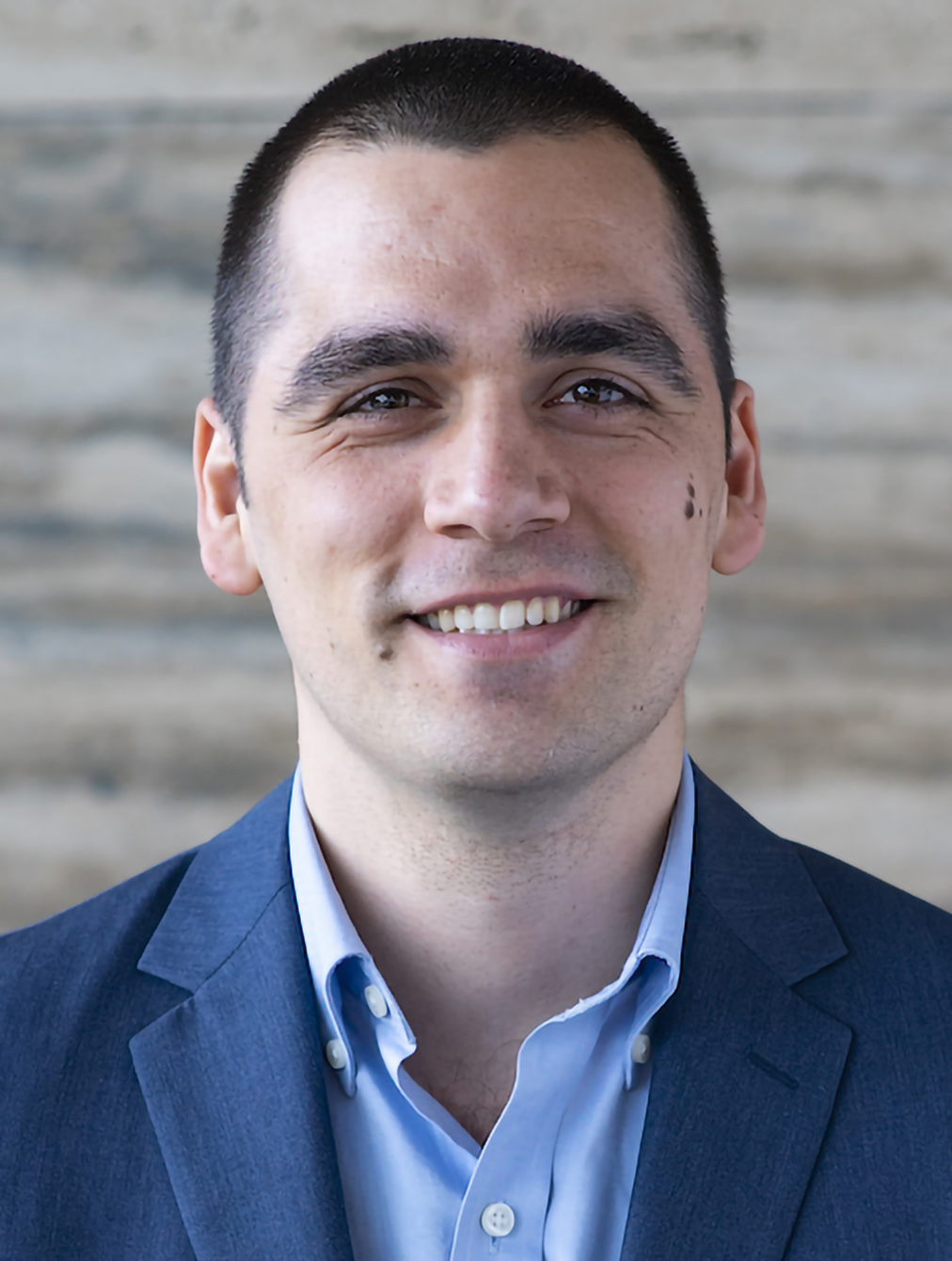
Abraham Verghese, M.D.
New York Times Bestselling Author | Practicing Physician | Professor, Stanford University
Dr. Abraham Verghese is a bestselling author and prominent voice in medicine with a uniquely humanistic view of the future of healthcare. He received the National Humanities Medal from President Obama "for reminding us that the patient is the center of the medical enterprise."
Outside of healthcare, he is best known as a phenomenally successful author. His first novel Cutting for Stone topped the New York Times bestseller list for over two years, was translated into more than twenty languages. Amazon named it one of its 100 Books to Read in a Lifetime. In 2023, he published his long-awaited second novel, The Covenant of Water, which debuted as a New York Times bestseller, remained on the list for several weeks, and was the 101st pick for Oprah's Book Club. Oprah Winfrey, who named the book among the top three she's read in her life, was so taken by the story that she developed a six-part podcast series diving into the themes of the book through intimate conversations with Verghese, and is making it into a film, to be released by Netflix. His memoirs include the award-winning My Own Country and The Tennis Partner.
Trained in infectious diseases and pulmonary medicine, he has long been a top thinker in healthcare. His TED talk "A Doctor’s Touch" has been viewed almost two million times, and is as meaningful now as the day he delivered it. His messages of appreciation, understanding and compassion for all in healthcare and inspiration on how we go forward were widely appreciated. He also speaks about the future of healthcare. He is co-host with Dr. Eric Topol of the Medicine and the Machine podcast, and he has long been a top thinker on how we marry cutting-edge technology to advance medicine with a focus on the physical patient. This dual-pronged approach, incorporating both an appreciation of technological developments and a profound commitment to the sacred relationship between doctor/caregiver and patient, makes Abraham a leading voice in the discussion about what quality care means now and in the future. Dr. Verghese leads PRESENCE, a multidisciplinary center that studies the human experience of patients, physicians and caregivers. His warmth and vision as well as his world-class gifts as a storyteller make him a powerful speaker both to healthcare professionals and the patient in all of us.
Topics
Videos
Books
Articles
Podcasts
Testimonials
Request Availability
Download Bio
Medical Education
Patient-Centered Care
Physicians & Other Providers
Technology Transforming Healthcare
Wellness & Mental Health
Health Equity
Authors
Presidential Series
Related speakers
No related speakers.
























